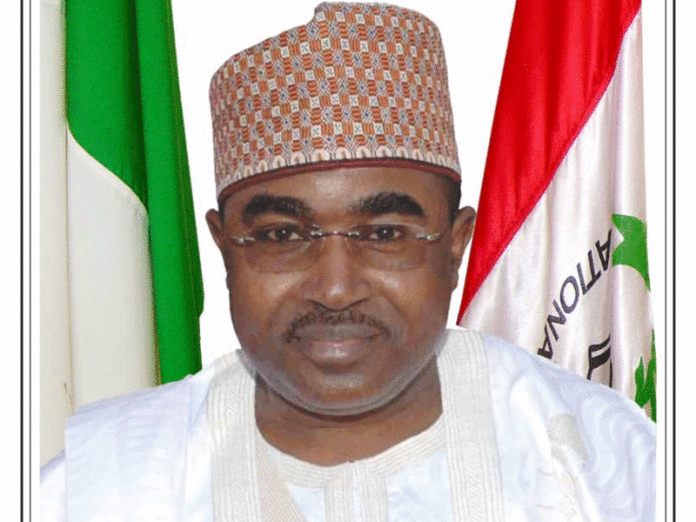Nigeria has advocated for a well-coordinated international collaboration to tackle the links between drug trafficking and all forms of organised crime and terrorism.
Chairman/Chief Executive of the National Drug Law Enforcement Agency (NDLEA), Brig. Gen. Buba Marwa (rtd), made the called on Monday at the 64th session of the Commission on Narcotic Drugs (CND) holding in Vienna, Austria.
Presenting Nigeria’s demand at the meeting, which was held virtually, Marwa said Nigeria has continued to adopt her drug control policies and strategies to respond to emerging and evolving realities, lamenting the adoption of such strategies, substances has persisted.
According to him, the cultivation and high traffic of cannabis and its abuse has been on the increase in Nigeria, adding that trafficking and non-medical use of synthetic and pharmaceuticals opioid, especially Tramadol, remains a challenge.
According to him, statistics from the National Drug Use Survey, 2019 had revealed that over 10 million people abused cannabis in one year, “which was a similar pattern with the 2019 and 2020 World Drug Reports, which identified cannabis as the most abused substance with its threat to security, health and wellbeing of the global population.”
“This is in spite of our domestic control efforts as well as two tripartite meetings, facilitated by UNODC, involving Nigeria, Ghana and India held in New Delhi and Lagos in 2019, to address the Tramadol crisis.
“Nigeria, therefore, reiterates that legalisation of the illicit use of cannabis is a violation of the Drug Control Treaties while highlighting the urgent need for change in the control measures for Tramadol and other pharmaceuticals”, Marwa said.
According to him, Nigeria has decentralised the storage of finished narcotic drugs to ensure their access, availability and affordability for medical and scientific use.
He said further that as a result, Nigeria was able to optimise its data collection and improve statutory submission of annual requirement to the INCB (International Narcotics Control Board) with the launch, in 2020, of the national quantification/estimation survey, conducted in 2017 and 2019 respectively.
“We are also on course to start local manufacturing of narcotic medicines from two WHO-prequalified pharmaceutical manufacturers to ensure availability and meet national needs,” he added.










